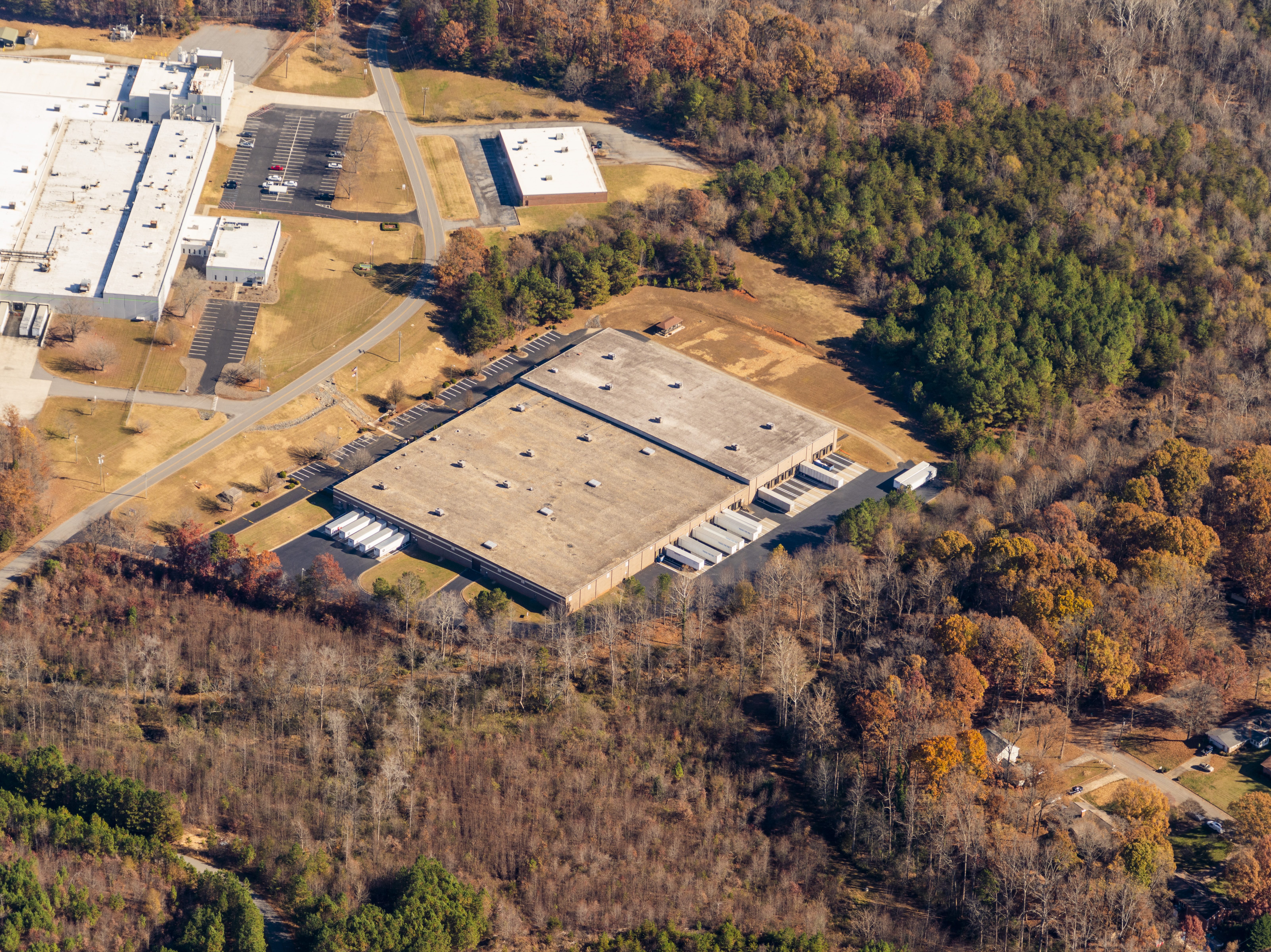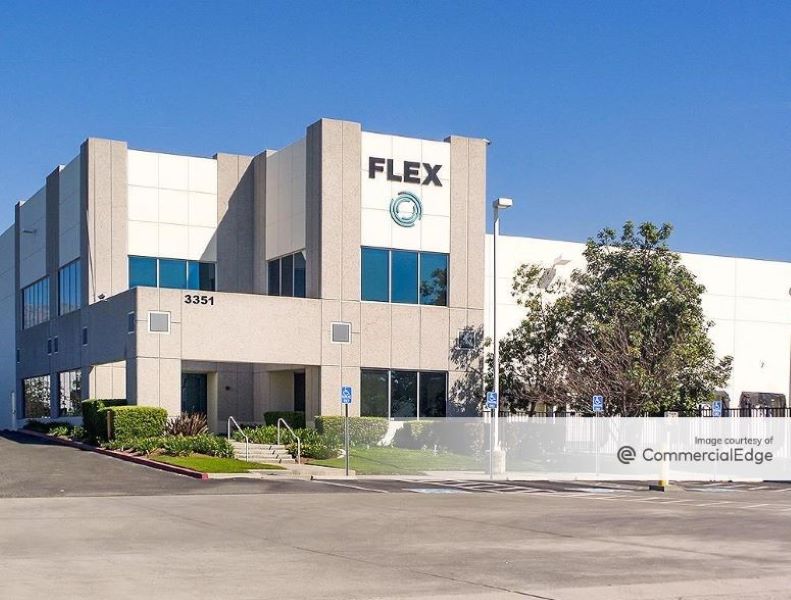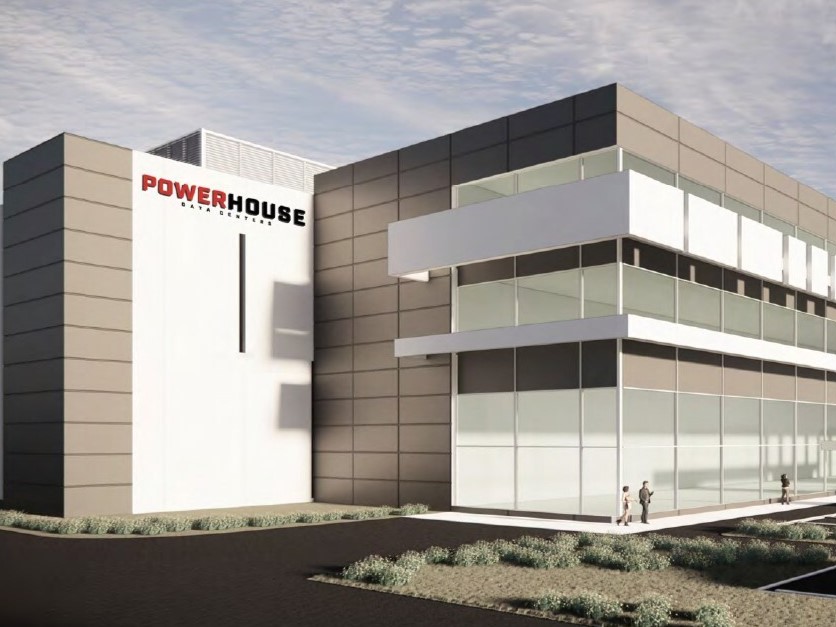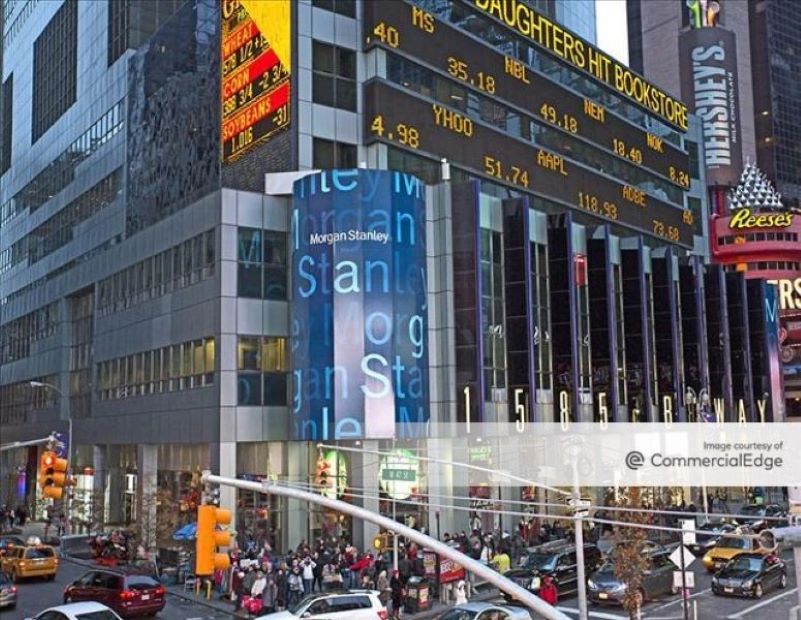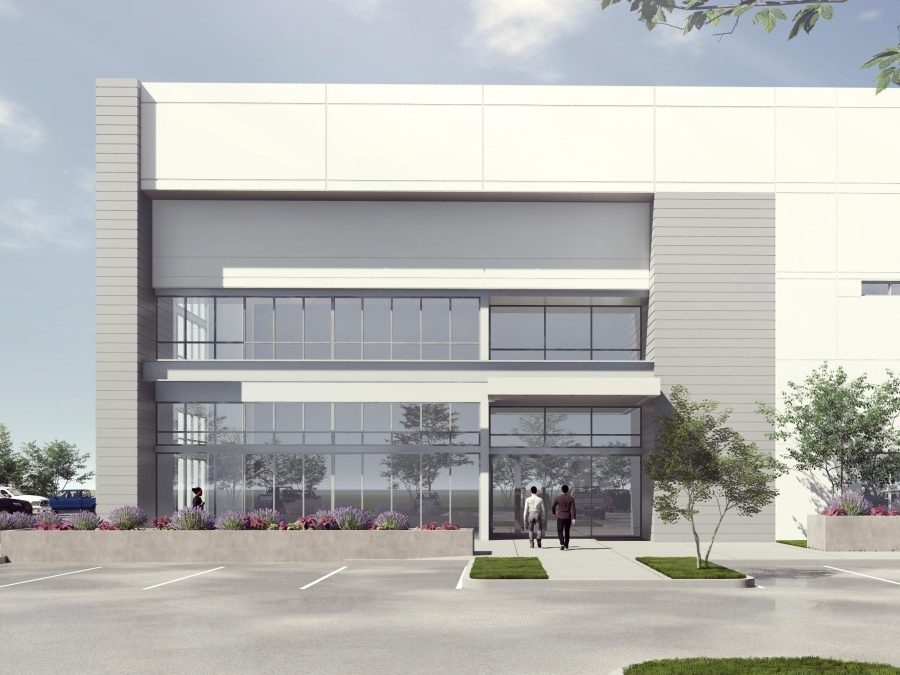While Hotel Investment Activity Languishes in the U.S., Market Remains Viable in Brazil
Plagued by the global recession that has slashed both business and pleasure travel, the hotel market is suffering on an international level and investors have backed away from buying or building in most locations, with a few exceptions–like Brazil. According to a new report by real estate services firm Jones Lang LaSalle Hotels, the positive…
Plagued by the global recession that has slashed both business and pleasure travel, the hotel market is suffering on an international level and investors have backed away from buying or building in most locations, with a few exceptions–like Brazil. According to a new report by real estate services firm Jones Lang LaSalle Hotels, the positive long-term growth forecast for Brazil is popping up on the radar of those who are in the position to invest. Brazil’s hotel market hasn’t gone unscathed in the widespread economic downturn, however, it continues to have comparatively good numbers and desirable fundamentals. Devaluation of the country’s currency is playing a part in the market’s success. The value of the Brazilian real has been on the decline for the last nine months, which makes it more cost effective for foreigners to visit. As a result, occupancy levels at Brazil’s resort hotels have increased, and the numbers have risen for upscale urban properties that denominate rates in U.S. dollars. And given the limited availability of institutional quality hotels, average RevPAR is on target to continue to grow for the rest of the year. But it’s not just the contingent of international travelers–attracted by the devaluating national currency–that is keeping Brazil’s hotel market afloat. The country’s burgeoning middle class is also a factor in the lodging industry’s stability amid global economic turmoil, and its auspicious long-term outlook. The middle class has expanded 10 percent since 2004, currently accounting for 52 percent of the population. The upper middle class is also growing, presently representing 16 percent of the population. All signs point to Brazil being fertile ground for investment, but not for every type of investment. Acquisitions, as per the JLL study, will not prove a very fruitful endeavor in the immediate future, but will eventually become a more viable option when investors gain further knowledge of property values, and more owners begin to pursue the disposition of assets. On the other hand, development presents one of the best opportunities for foreign investors, specifically development of properties carrying the flags of international and national brands, which currently comprise a mere 12 percent of the country’s hotel offerings. Among the companies that are making moves to capitalize on the dearth of branded hotels is England-based InterContinental Hotels Group, which announced agreements for the construction of four new Holiday Inn Express properties just last week. According to statistics published in March by hotel real estate research firm Lodging Econometrics, Brazil leads Latin America in hotel construction activity. Brazil is just one of a bevy of locations that continue to attract foreign investors in the currently challenging global economic climate. Given the severe decline of most of North America’s hotel markets, U.S. investors are looking just about everywhere else for opportunity. Last week, Miami-based Desires Hotels launched Desires Hotels International to expand its boutique hotel brand into such locales as Mexico and South America, as well as Europe and coastal Africa. In April, Parsippany, N.J.-headquartered Wyndham Hotel Group revealed its Ramada Worldwide chain’s plans for a new 1,000-room hotel in China’s Hainan province. Also in April, IHG disclosed that it would increase its presence in India by 7,800 guestrooms with the development of 31 new hotels over the next several years, and the company announced in March that it would build the world’s largest Holiday Inn–in Moscow.

